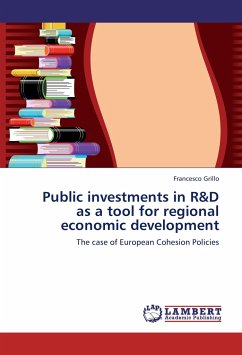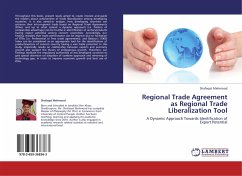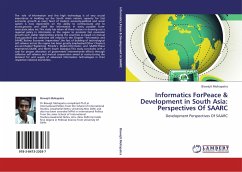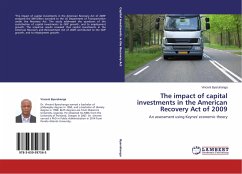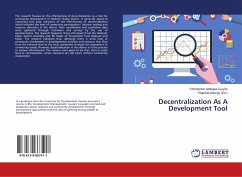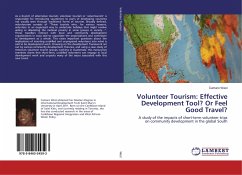In the last decades the endogenous growth theory has been said to have found into the difference of Research assets accumulated in different regions, both an explanation of semi permanent differences in prosperity levels and, consequently, a recipe for eliminating the gaps. However, statistical data show a weak correlation between R&D expenditures and economic growth. The evidence suggests that R&D programmes can display very different returns. This work is a contribution to better understand the reasons that lie behind these differences, whereas most econometric studies and evaluations overlook them. The study tests its initial hypothesis through an original framework introduced as innovation value chain. The analysis considers four European regions that started from similar situations and achieved different results using equivalent amount of public investments. The result is that better performing innovation strategies are associated to organizational and relational factors that the research operationalizes. The conclusions can be valuable for whoever will continue to invest in innovation as the only path towards growth and solution to the economic crisis.
Bitte wählen Sie Ihr Anliegen aus.
Rechnungen
Retourenschein anfordern
Bestellstatus
Storno

